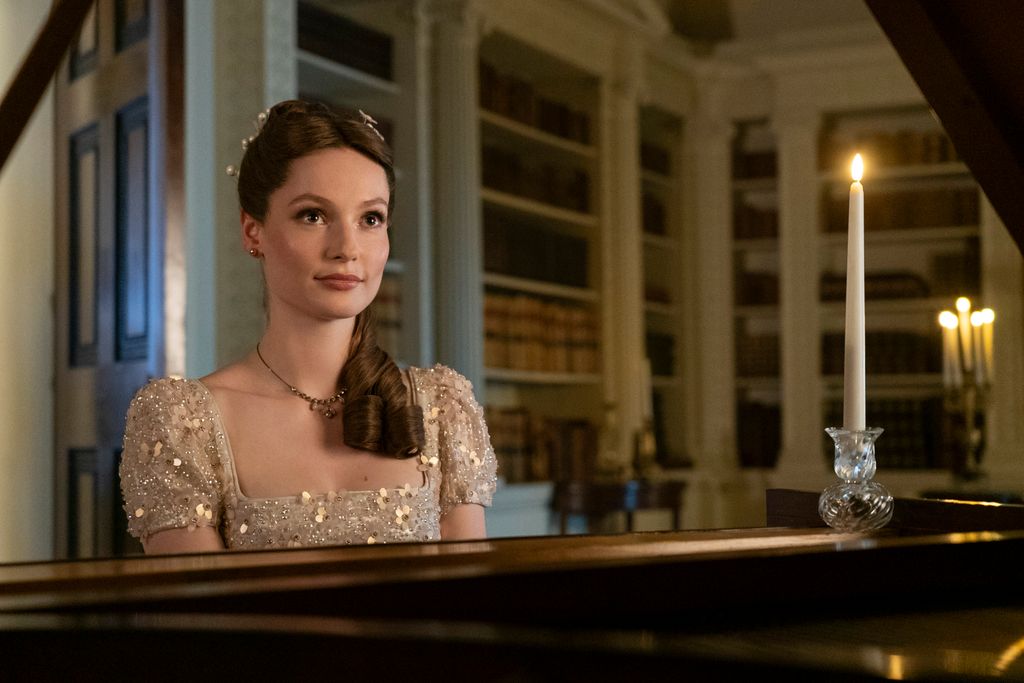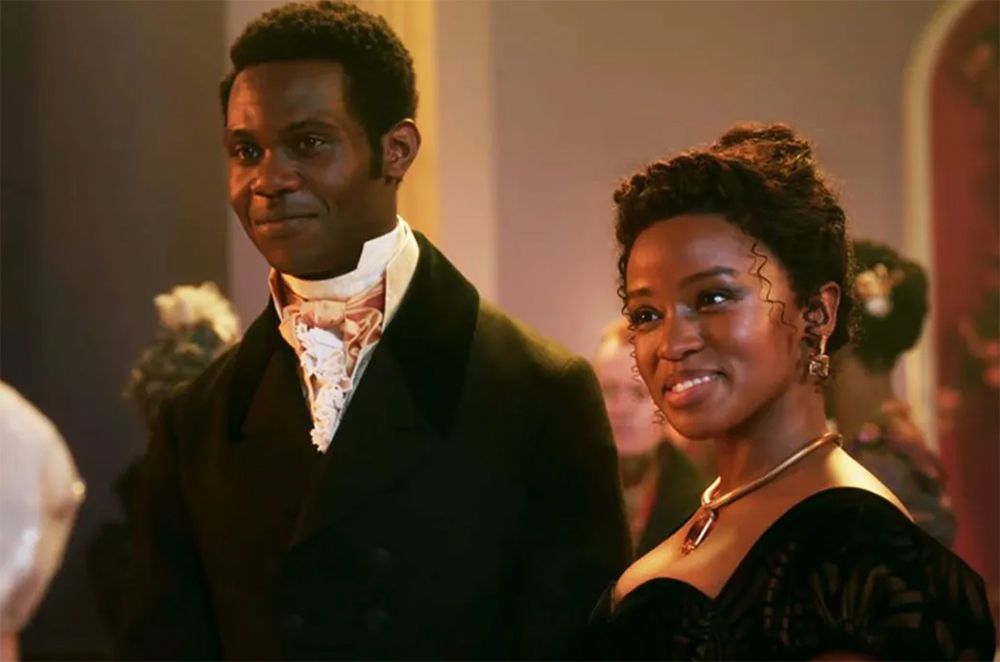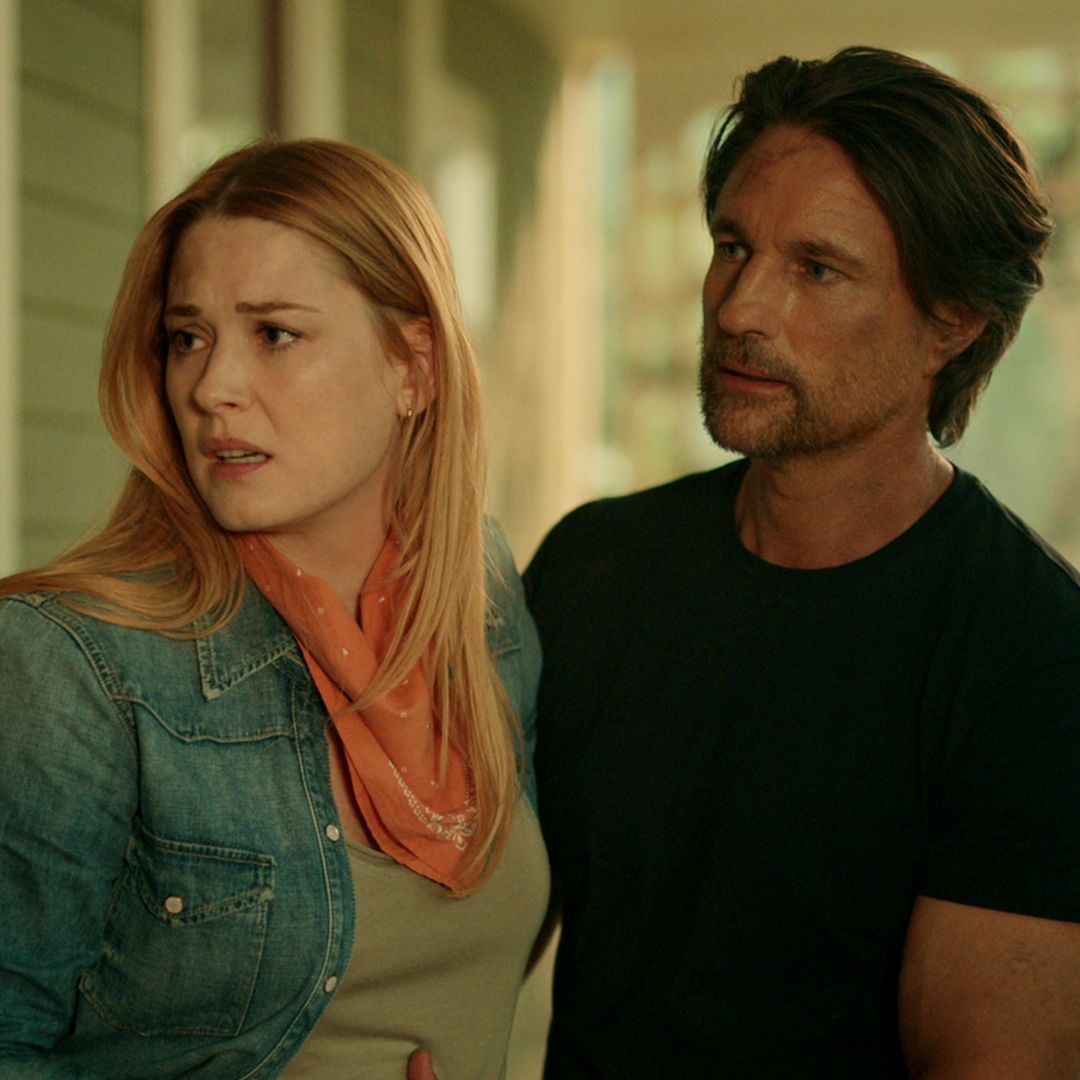Bridgerton author Julia Quinn has been forced to defend the Netflix show, following a big twist in season three. Taking to Instagram on Monday, the 54-year-old addressed fans after learning of their "disappointment" in Francesca Bridgerton's storyline.
According to the sixth book When He Was Wicked, Francesca goes on to find love with Michael Stirling, four years after the passing of her first husband, John. However, in the third instalment of Bridgerton, it was revealed that the character had been gender-swapped to Michaela, setting the stage for a queer love story.
With fans expressing their surprise, and others their disappointment, Julia told them: "Anyone who has seen an interview with me from the past four years knows that I am deeply committed to the Bridgerton world becoming more diverse and inclusive as the stories move from book to screen. But switching the gender of a major character is a huge change.
"When Jess Brownell first approached me with the idea of turning Michael into Michaela for the show, I needed more information before conferring my agreement," she continued.
Explaining that she trusts "Shondaland's vision" for the series, Julia added: "I'm confident now that when Francesca has her Bridgerton season, it will be the most emotional and heart-wrenching story of the show, just like When He Was Wicked has always been the true tear-jerker of the Bridgerton book series."
Thanking readers and fans for their feedback, Julia asked them to "grant me and the Shondaland team some faith," reiterating that they'll always have two stories to enjoy – the one on the page and the one on the screen.
So, what can fans expect from Francesca's arc in the series? Speaking to Teen Vogue in June, producer Jess Brownell opened up about her vision.
"The reveal of Michaela versus Michael, from the books, is something that I've been pitching from season one of the show," she said. "My approach to telling a queer story on Bridgerton has been to look to the books for thematic cues.
"I didn't want to just insert a queer character for queer character's sake. I want to tell a story that accurately reflects a queer experience, and the first time I read Francesca's book, I really identified with it as a queer woman. Maybe not in the way Julia Quinn intended."
Jess added that she hopes to "show queer joy, which we don't always get to see in period pieces."











